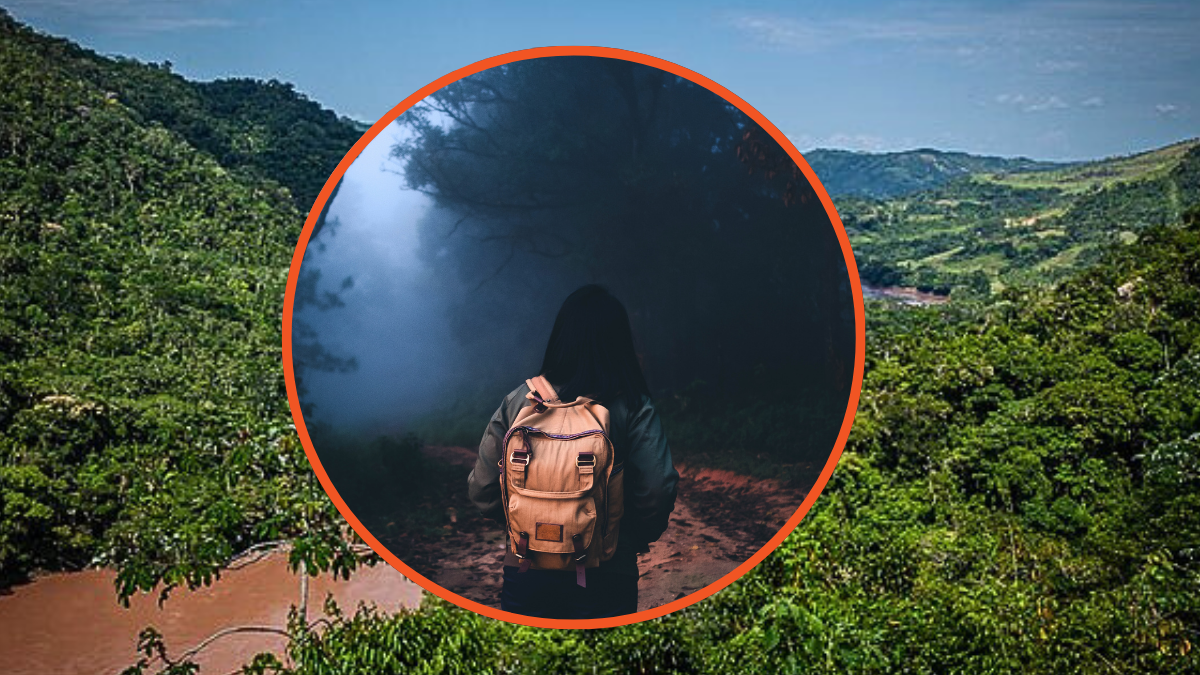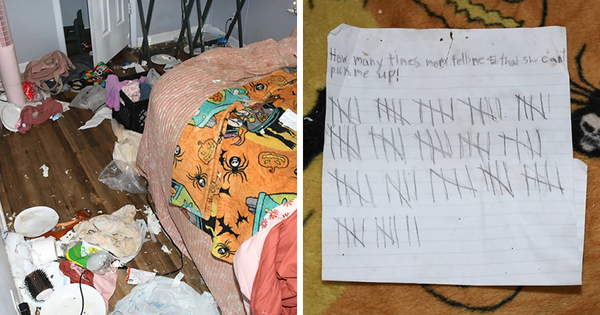
When 17-year-old Juliane Koepcke boarded LANSA Flight 508 with her mother on Christmas Eve, 1971, she had no idea her life was about to become one of the most remarkable survival stories in history.
The Peruvian airliner was struck by lightning while flying over the dense Amazon rainforest, tearing apart midair and sending passengers plunging toward the jungle below. Against all odds, Koepcke survived the nearly two-mile fall strapped to her seat and later credited her survival to something her father had once told her.
According to The Washington Post, though dazed and severely injured, she clung to that advice as she faced an unimaginable fight for life in one of the world’s most unforgiving environments. Koepcke would later recount that the voice of her father, a biologist, echoed in her mind through the days and nights that followed the crash.
The fall, the rainforest, and her father’s words
After Koepcke’s plane broke apart and she fell to the ground, she regained consciousness: alone, her collarbone broken, one eye swollen shut, and deep cuts across her arms and legs.
Otherwise, she found herself surrounded by the endless roar of the rainforest. With only a small bag of candy she had found among the wreckage, she began to walk. It was then that her father’s words returned to her: “If you ever get lost in the jungle, follow a stream. It will lead you to people.”
That simple piece of wisdom became her lifeline. Each day, she followed the winding waterways, drinking muddy water and sleeping under the open sky despite the constant rain. She battled exhaustion, infection, and the terror of isolation, her wounds festering in the heat. Still, she pressed on.
11 days alone in the wild
Koepcke trekked through the jungle for 11 days, barefoot and bleeding, before spotting a small boat moored along a riverbank. Nearby, she discovered a shelter where local loggers would later return. Too weak to call for help, she cleaned her wounds using gasoline she found in the boat, a desperate but effective measure to kill the maggots in her cuts.
When the men returned, they were stunned to find the teenage girl alive. They fed her, treated her injuries as best they could, and transported her by canoe to a nearby village. From there, she was flown to a hospital, the sole survivor of the 92 people aboard Flight 508.
Koepcke’s ordeal became one of the most studied and retold survival stories in aviation history. Her parents, both German zoologists working in Peru, had raised her with a deep respect for nature: a gift that ultimately saved her life.
Years later, she earned a Ph.D. in biology and returned to the Amazon to continue her parents’ conservation work. Her memoir, When I Fell From the Sky, chronicles the experience that defined her life, showing how knowledge, courage, and a father’s wisdom can mean the difference between life and death.







